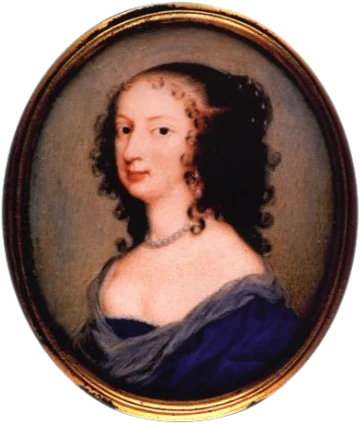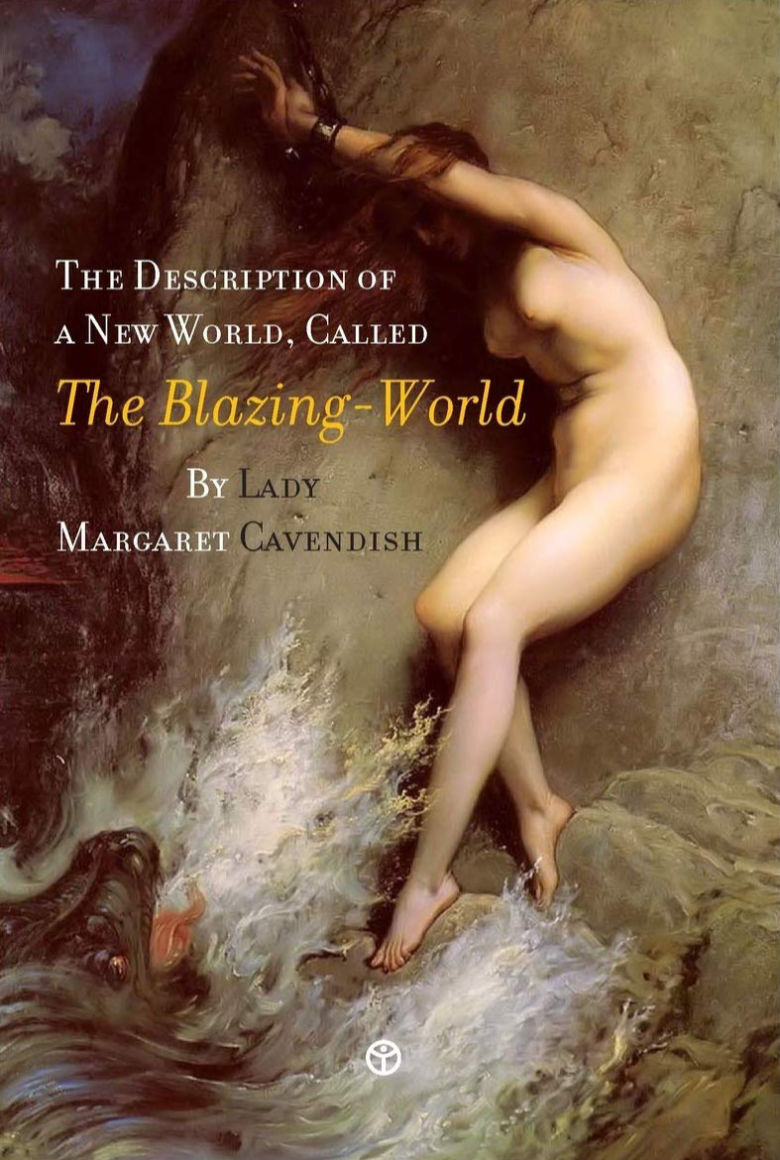The Description of a New World, Called the Blazing World
Margaret Cavendish (1623 – 15 December 1673) was an outspoken aristocrat who traveled in circles of scientific thinkers (such as Thomas Hobbes, Robert Boyle, and René Descartes), and broke ground on proto-feminism, natural philosophy (the 17th century term for science), and social politics.
In her lifetime, she published 20 books. But amid her poetry and essays, she also published one of the earliest examples of science fiction, in 1666 – The Description of a New World, Called the Blazing World.
The book narrates the story of a woman being kidnapped by a lovesick merchant sailor, and forced to join him at sea. After a windstorm sends the ship north and kills the men, the woman walks through a portal at the North Pole into a new world: one with stars so bright, midnight could be mistaken for midday.
A parallel universe where creatures are sentient, and worm-men, ape-men, fish-men, bird-men and lice-men populate the planet. They speak one language, they worship one god, and they have no wars. She becomes their Empress, and with her otherworldly subjects, she explores natural wonders and questions their observations using science.
Unless, you have a genuine interest in the subject of the book, the fact that this is from the 17th century, it will be hard for most modern-day expectations of a science fiction. Read it to have a sense of gratification that you read the “the first ever” and the origin of science fiction stories, written by a woman.
Here’s the prologue written by Margaret Cavendish, Duchess of Newcastle-upon-Tyne and trailblazing sci-fi author, back in 1666:
“That though I cannot be Henry the Fifth, or Charles the Second; yet, I will endeavour to be, Margaret the First: and, though I have neither Power, Time nor Occasion, to be a great Conqueror, like Alexander, or Caesar; yet, rather than not be Mistress of a World, since Fortune and the Fates would give me none, I have made One of my own. And thus, believing, or, at least, hoping, that no Creature can, or will, Envy me for this World of mine, I remain, Noble Ladies, Your Humble Servant, M. Newcastle.”
The book is free in the public domain. I’ve archived downloadable copies – epub, mobi, pdf.

